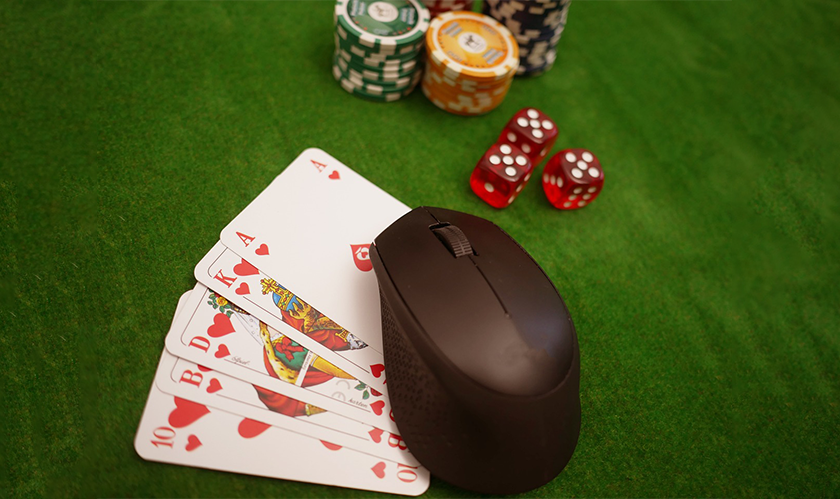Home Industry Gaming and vfx Poker Tips: How to Build a Win...
Gaming And Vfx

CIO Bulletin
27 October, 2025
Most players who sign up at an best australian online casino platform focus entirely on learning hand ranges and pot odds. That's a mistake. The psychological edge is the main factor that distinguishes profitable players from those who constantly reload their accounts. Your mindset determines whether you tilt away three buy-ins after a bad beat or calmly continue making optimal decisions. So, let's explore the mental frameworks that actually work.
Before you even 'sit down' at a table on the Aussie online casino, you need iron-clad bankroll rules. Professional players typically keep 20–30 buy-ins for their regular stakes. Playing $1/$2? You should have at least $4,000–$6,000 dedicated to poker. This cushion isn't just financial protection — it's psychological armour that lets you make correct folds without sweating your rent money.
At real money online casinos, discipline is the key to success. Establish these non-negotiable rules:
Never play more than 5% of your bankroll in a single session;
Stop playing after losing 3 buy-ins in one day;
Move down in stakes if your bankroll drops below 25 buy-ins;
Set win goals but don't let them dictate when you leave good games.
These boundaries prevent the emotional decision-making that destroys poker careers. When you're properly bankrolled for your stakes, you can handle downswings without panic.
The single biggest mental trap in online poker? Believing that short-term results reflect your skill level. You'll experience stretches where pocket aces get cracked three times in an hour, or where you can't win a flip for two weeks straight. On gambling sites, the random number generator doesn't care about your feelings — it produces statistically normal variance that feels anything but normal.
Winning players understand that individual sessions mean almost nothing. What matters is whether you're making positive expected value (+EV) decisions consistently over thousands of hands. Bad beats will happen at every casino online table you join. Your job is to maintain the same decision-making process regardless of recent results.
Here's a truth that most players at top Australian online casinos never internalise: you can make a perfect play and lose, or make a terrible play and win. Result-oriented thinking — judging decisions solely by their outcomes — will sabotage your improvement.
Instead, review your sessions by analysing your decision-making process. Did you have the right reasons for that river bluff? Was your fold based on solid reads or fear? Keep a poker journal where you log interesting hands and your thought process. This habit builds pattern recognition and keeps you focused on controllable factors.
The best online casinos offer detailed hand histories — use them. Review your play weekly using these metrics:
VPIP (voluntarily put money in pot) and PFR (pre-flop raise) percentages;
Aggression frequency across all streets;
Win rate per 100 hands over meaningful sample sizes;
Specific leak patterns like overplaying top pair or calling too many 3-bets.
Understanding your statistical profile reveals mental game leaks you didn't know existed. Maybe you play too loose when tired or too tight after big wins.
Even the most disciplined players experience tilt. The difference? They recognise the warning signs and step away from Australian online casinos before damage occurs. If you notice yourself making calls you'd normally fold, playing too many hands, or feeling frustration build — that's your cue to close the tables.
Physical tells matter online, too. Tight shoulders, clenched jaw, or increased heart rate indicate you're no longer in an optimal decision-making state. A 15-minute walk resets your mental state far more effectively than grinding through emotional turbulence.
Developing a winning mindset for online poker requires treating it as skill development, not gambling. Your edge comes from making better decisions than opponents over time, managing your bankroll conservatively, and maintaining emotional equilibrium through inevitable variance. Master these mental fundamentals, and the cards will take care of themselves.







